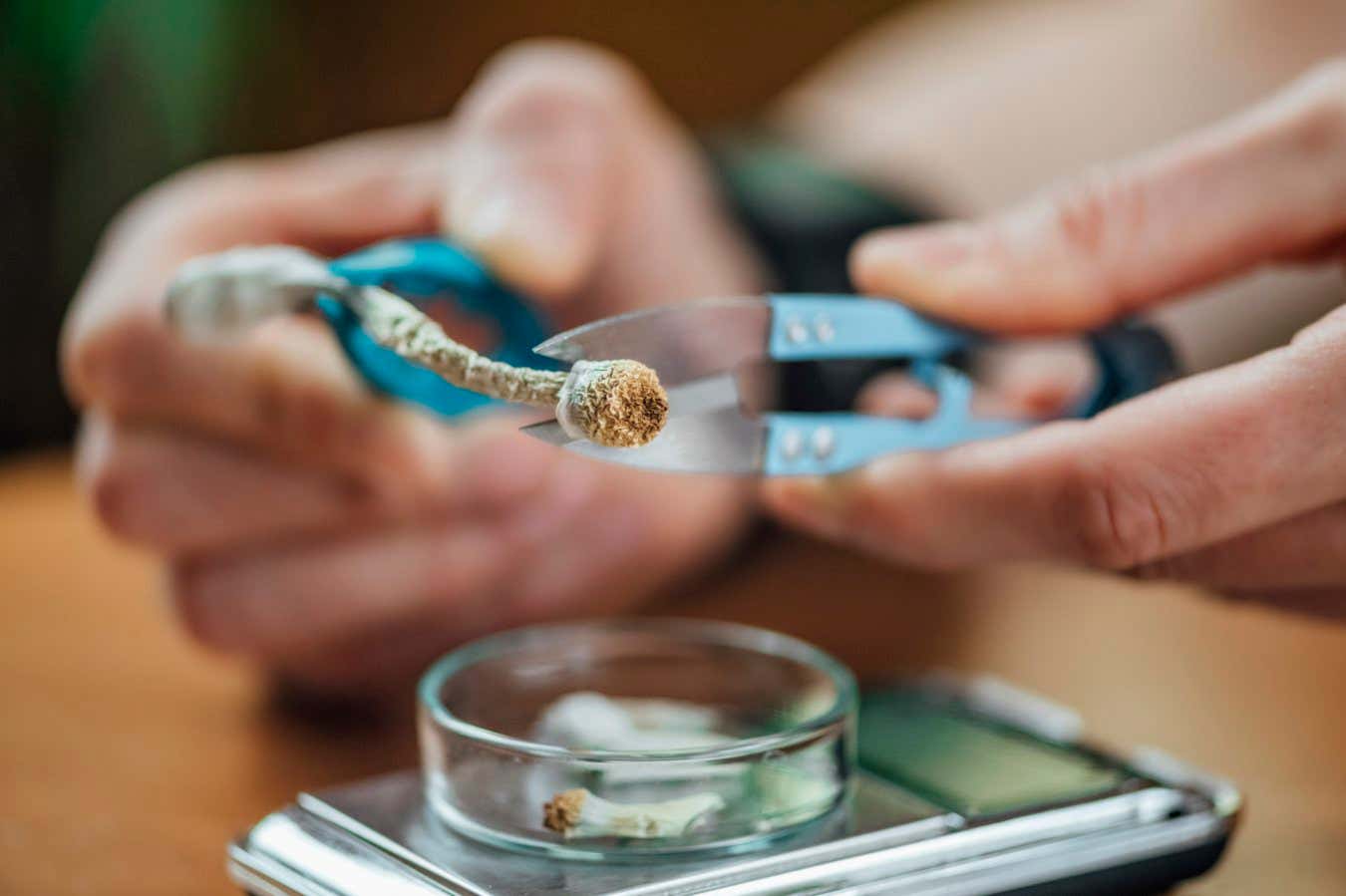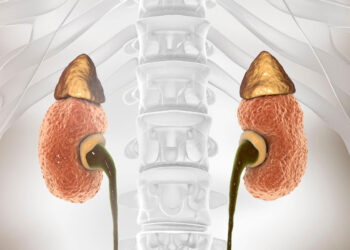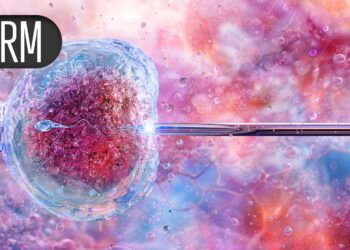
The hallucinogen psilocybin is produced in hundreds of species of magic mushroom
A single dose of the psychedelic compound psilocybin could be enough to remodel connections of specific brain networks, which may explain how the drug helps to treat some mental health conditions.
Psychedelic drugs like psilocybin, which is produced in hundreds of species of magic mushroom, alter how people perceive time, space and themselves. They also show promise in the treatment of mental health conditions like depression and anxiety. It is thought that this is through psilocybin increasing the brain’s plasticity – its ability to change its connections – but how it does this hasn’t been clear.
Now, Alex Kwan at Cornell University in Ithaca, New York, and his colleagues have run a series of experiments in which they injected mice with either a dose of psilocybin or saline solution. A day later, they injected a genetically modified version of the rabies virus. This virus can jump across synapses, the gaps between neurons, so it can be used to show which neurons connect to the region where the virus was originally injected.
The researchers visualised the brain-wide effects of the virus using scans and dissections to reveal which neurons had made new connections. From this, they could show that mice that were given a dose of psilocybin had strengthened connections between the retrosplenial cortex – which is associated with imagination, memory and integrating sensory information – and the prefrontal areas, which are involved in planning and social behaviour, when compared with the mice that were given saline solution.
Psilocybin also seems to decrease connections that are part of recurrent loops in the cortex. These loops allow important memories to be retained for longer, but in some mental health conditions they can lead to a persistent focus on negative thoughts or behaviours. Breaking cycles of rumination by weakening these loops has been hypothesised as a key part of the process for treating many mental health conditions.
“I think it’s the next step in what we need to uncover,” says Michael Wheeler at Brigham and Women’s Hospital in Boston. “Those types of circuits underlying the connections between these associative areas could be potentially a key to unlocking their mechanisms.”
“The way the brain gets remodelled by psilocybin treatment is critical for its effects on mood disorders,” says Eero Castrén at the University of Helsinki in Finland. It is important to note, however, that psilocybin is only enabling the remodelling, he says. Which circuits are actually strengthened or weakened may depend on what an animal is doing and sensing.
The work suggests it might one day be possible to choose which brain connections to remodel, depending on the mental health condition that is being treated. “Our study hints at an exciting avenue for future research to combine neuromodulation with psychedelics to precisely target specific circuits for neural plasticity,” the researchers wrote in their paper.
Studying how different activities or environments alter brain changes while taking psilocybin could also allow us to explain the “set and setting” phenomenon associated with psychedelic drugs, in which a user’s mindset and environment can alter the effects of drugs, leading to a “good” or “bad” trip, says Castrén.
The work is in mice, so it remains to be seen if the same connectivity changes would happen in people after taking psilocybin. However, Wheeler says it seems likely that the mechanism is similar. There are overlapping areas in this mouse study and a human brain scan study from 2024 showing how psilocybin seems to make some areas more interconnected, he says.
Topics:
Source link : https://www.newscientist.com/article/2494391-just-one-dose-of-psilocybin-seems-to-be-enough-to-rewire-the-brain/?utm_campaign=RSS%7CNSNS&utm_source=NSNS&utm_medium=RSS&utm_content=home
Author :
Publish date : 2025-08-29 15:00:00
Copyright for syndicated content belongs to the linked Source.











